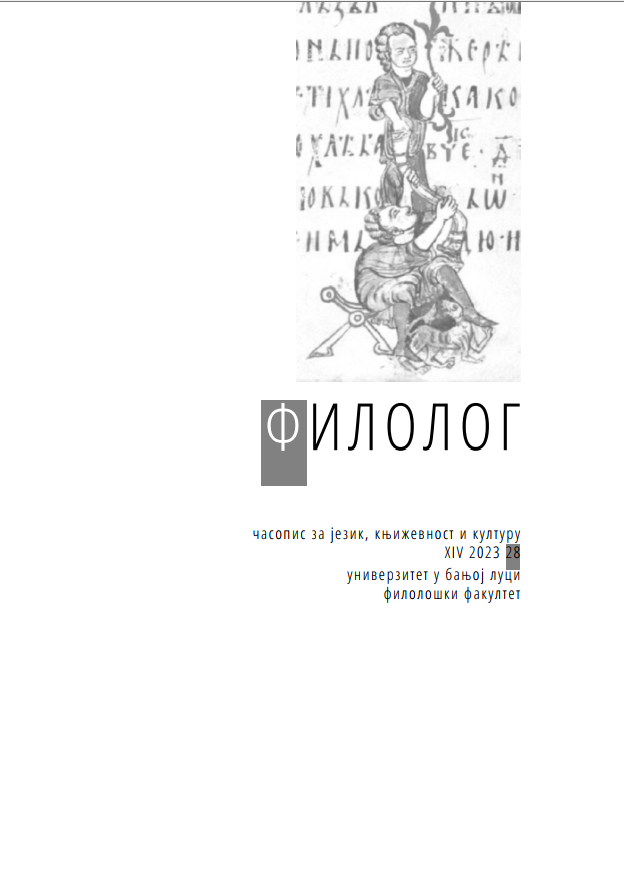MIRRORING CONTEMPORARY SOCIETY: CONSUMERIST SOCIETY, MEDIA AND SIMULATED REALITY IN DON DELILLO’S NOVEL WHITE NOISE
MIRRORING CONTEMPORARY SOCIETY: CONSUMERIST SOCIETY, MEDIA AND SIMULATED REALITY IN DON DELILLO’S NOVEL WHITE NOISE
Author(s): Vesna V. Bulatović, Danijela Prošić-SantovacSubject(s): American Literature
Published by: Филолошки факултет Универзитета у Бањој Луци
Keywords: Don DeLillo; White noise; media; television; consumerist society; consumerism; simulated reality;
Summary/Abstract: Don DeLillo's novel White Noise deals with the complex relationship between popular culture, media, and consumerism and the ways in which they shape the characters' perception of reality. The main character, Jack Gladney, is a consumerist academic who is heavily influenced by the mass media, and his obsession with images of disaster and death, which are constantly shown in the media, shapes his perception of the world. Similarly, his wife Babette becomes obsessed with consumer products and loses touch with the natural world around her. The novel also explores how constant consumption of television content can create a sense of disconnection from reality and how it can create a sense of hyperreality, where the lines between reality and simulation are blurred. Also, through the character of Jack Gladney, DeLillo emphasises a society in which individuals are defined by what they own and consume. Gladney’s preoccupation with consumer goods reflects a society in which consumption determines a person’s value, and the novel points to the dangers of this trend and the need to return to people’s connection with reality and nature. DeLillo emphasises the power of media images to shape individual understanding of the world and the need to be critical of the information people consume, as well as to reconnect with reality and nature.
Journal: Филолог – часопис за језик, књижевност и културу
- Issue Year: 14/2023
- Issue No: 28
- Page Range: 343-360
- Page Count: 18
- Language: English

